-
•
•
72 responses
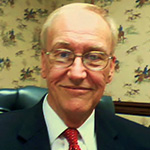
Mark Bukowski got degrees in philosophy and psychology at UCLA, studying with the noted scholar of German idealism Robert Solomon and Angela Davis, a student of Marcuse. While an undergraduate he became a bit of a student radical, marxist and atheist. In graduate school he studied William James and John Dewey under Jon McDermott and became convinced personal religious experience could justify statements about religion. He also became convinced by Wittgenstein that philosophical problems were often just semantic misunderstandings with language inadequate to express experience. Those insights proved to be life changing. He left academic philosophy although he’s remained an… Read More
-
•
•
28 responses
Time for another installment in this occasional series. As reported in the Deseret News, Elder Christofferson delivered a presentation to new mission presidents at the Provo MTC in June. He first discussed the use of the Book of Mormon as a proselyting tool: “[H]ow will your missionaries get people to read the Book of Mormon, and also to pray with real intent about its truthfulness?” Then he recounted a personal conversation he had with a returned missionary who had completed his mission and served well, but had some concerns. Read More
-
•
•
3 responses

The Kirtland Temple, as framed by my ten-year old son. Read More
-
•
•
13 responses
I was rereading some of Nephi’s sermons tied to his incipient Christianity. It struck me that it’s not clear Nephi knows about the 2cd temple period and restoration from Babylon. Now I’m still not 100% sure of this. So I appreciate any feedback. Nephi gets some fragmentary prophecies of the future but most are tried to Jesus in Roman Jerusalem (although Nephi doesn’t know it’s Rome). He then primarily focuses in on the fate of his people and the restoration of the Lamanites. The history of Babylon and the return with Nehemiah and company is missing. Read More
-
•
•
25 responses
Here is a clear positive step for the Church: posting an online resources page with almost 30 links to pages or sites with information on LDS doctrine and history. Each link gets zero, one, or two asterisks, depending on if it is within the LDS.org domain (zero), if it is a Church-related site like byu.edu that is not within the LDS.org domain (one), or if it is a third-party site not directly affiliated with the Church (two asterisks). The page is actually under the Seminaries & Institutes umbrella as part of the Doctrinal Mastery program (the upgraded Scripture Mastery). And… Read More
-
•
•

My loved ones are embarrassed by public breastfeeding, so I retire to the mothers’ room to fulfill the measure of my creation. ~ Bethany West If you have a photograph you would like to submit for consideration in our A Mormon Image series, please see here for our submission requirements. Read More
-
•
•
19 responses
James Holt lives in Manchester, UK and is Senior Lecturer in Religious Education* at the University of Chester. This involves training teachers to teach Religious Education in schools, as well as aspects of education for teachers training to teach in a secondary (11-18) school. James is also Chair of Examiners for GCSE Religious Studies for a major awarding organisation in the UK. He is the author of Religious Education in the Secondary School. An introduction to teaching, learning and the World Religions (Routledge, 2015). He is a trustee of the RE Council of England and Wales, his PhD (Liverpool, 2011) constructed… Read More
-
•
•
55 responses
The golden era of Mormon apologetics ran from Nibley to FAIR and Old FARMS. With so many distinctive doctrines as well as a high public profile, Mormonism attracts a lot of criticism, so the urge to publicly defend Mormon beliefs is understandable, and there is now plenty of Mormon apologetics out there. What is badly needed is some reflection on the whole enterprise, trying to distinguish between good and bad apologetics and perhaps some thoughts on when the best response is no apologetics (polygamy comes to mind — trying to defend it just seems to dig a deeper hole). Enter… Read More
-
•
•
60 responses
In 2012 a BYU religion professor named Randy Bott created a firestorm when he made fairly racist comments justifying the priesthood ban to blacks in an interview with the Washington Post. Many called for Bott’s firing. Shortly thereafter Bott took retirement from BYU. Sadly the comments weren’t that surprising and most of us have known people with similar views. Fast forward to this week. Ruthie Robertson, an adjunct professor at BYU Idaho is told that she won’t be retained after the summer semester. (She had been contracted through fall) This is after putting a fairly controversial post on Facebook saying that, Read More
-
•
•
8 responses

Welcome to the third week of the reading club for Adam Miller’s Future Mormon. For general links related to the book along with links for all the chapter discussions please go to our overview page. We’ll be trying to discuss a chapter each week. Please don’t hesitate to give your thoughts on the chapter. We’re hoping for a good thoroughgoing critical engagement with the text. Such criticisms aren’t treating the text as bad or flawed so much as trying to engage with the ideas Adam brings up. Hopefully people will push back on such criticism as that’s when we tend… Read More
-
•
•
2 responses
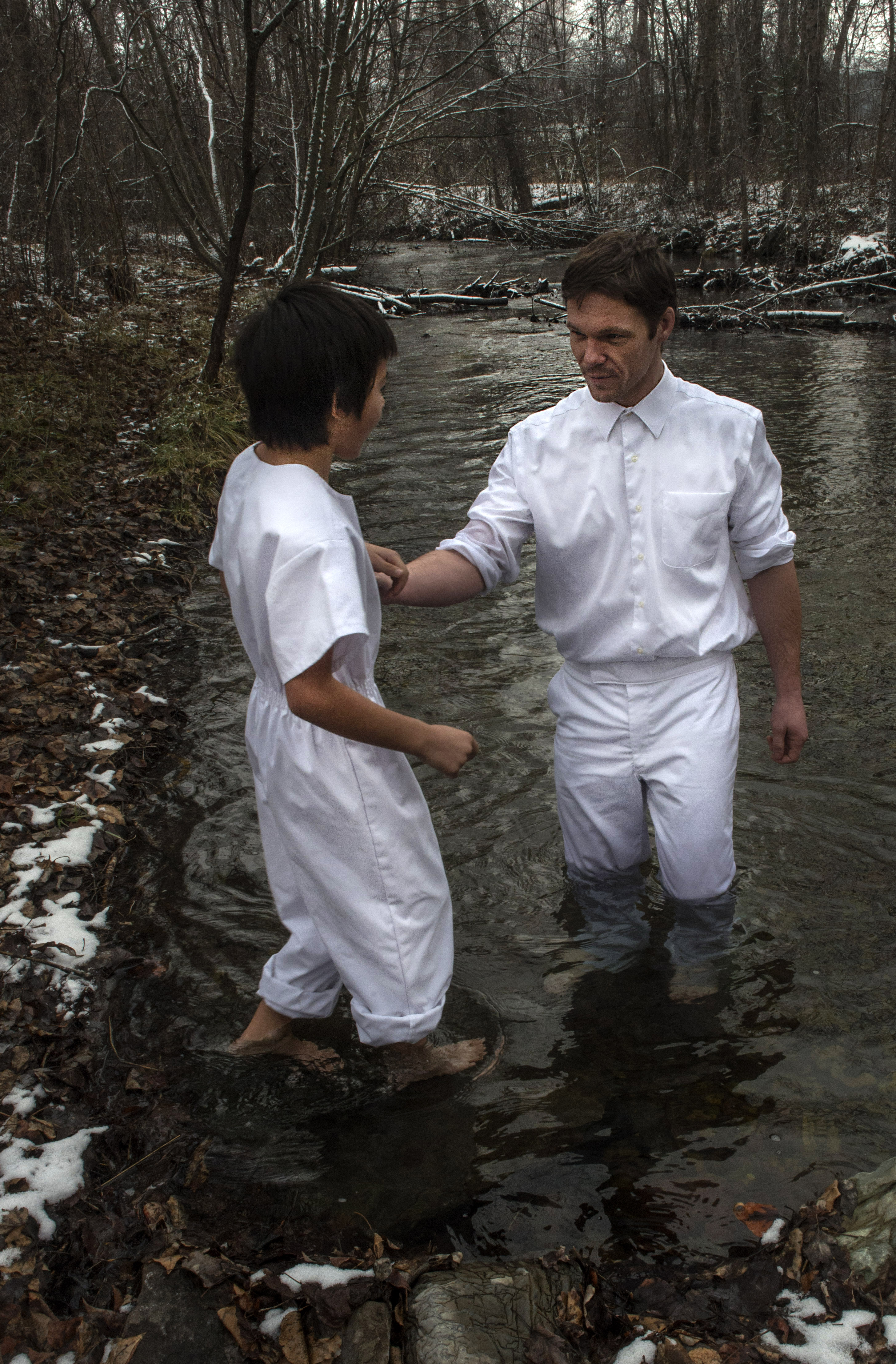
On a cold day in January, Eldon Umphrey helps his son, Izyek, into Mission Creek in western Montana. The creek runs through the family property, and it has become a family tradition to perform baptisms there, even when there’s snow and ice. ~ Michael Umphrey (http://umphrey.net/) If you have a photograph you would like to submit for consideration in our A Mormon Image series, please see here for our submission requirements. Read More
-
•
•
15 responses
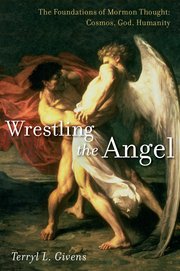
When I was young, I discovered C.S. Lewis’s Chronicles of Narnia and enjoyed every volume. Then one day, at my neighborhood library, I discovered Paul Ford’s Companion to Narnia, essentially an encyclopedia of Narnia, and I fell in love. The entries were arranged alphabetically, and there were more topics than I had ever imagined. It was well-ordered and — at least to my child’s mind — exhaustive. Encyclopedias hold that promise. Around the same time, I discovered Bruce R. McConkie’s book Mormon Doctrine. With short, clear entries, Mormon Doctrine provided definitive answers to a wide range of gospel questions. Only… Read More
-
•
•
30 responses
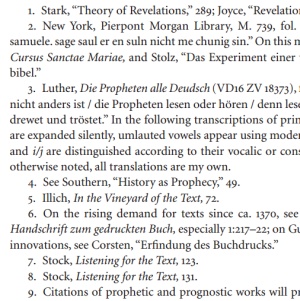
Over at Slate, Daniel Engber had an interesting and instructive article a while back entitled “Bad Footnotes Can Be Deadly” on how the current opioid crisis has been aggravated by the misunderstanding of a letter to the editor of a medical journal and its misquotation over decades in the medical literature, with the error propagated and compounded by researchers who failed to check the original source. Engber’s article on the error’s persistence and influence documents a process not unlike the formation of urban legends and faith-promoting rumor. But if you’ve ever done scholarly research, you should also be nodding your… Read More
-
•
•
22 responses

We tend to defer the responsibility of Religious Freedom to the State. But to what extent is it an individual matter as well? In this post I will guide us through some of the issues, and hope for a healthy discussion on what we can do to enhance Freedom of Religion. Is Freedom of Religion or belief a legal, institutional or personal affair? The USA First Amendment starts with “Congress shall make no law respecting an establishment of religion…“. In my discussions with Americans, Freedom of Religion is defined mostly on the legalizing of religions. One assumes that so long… Read More
-
•
•
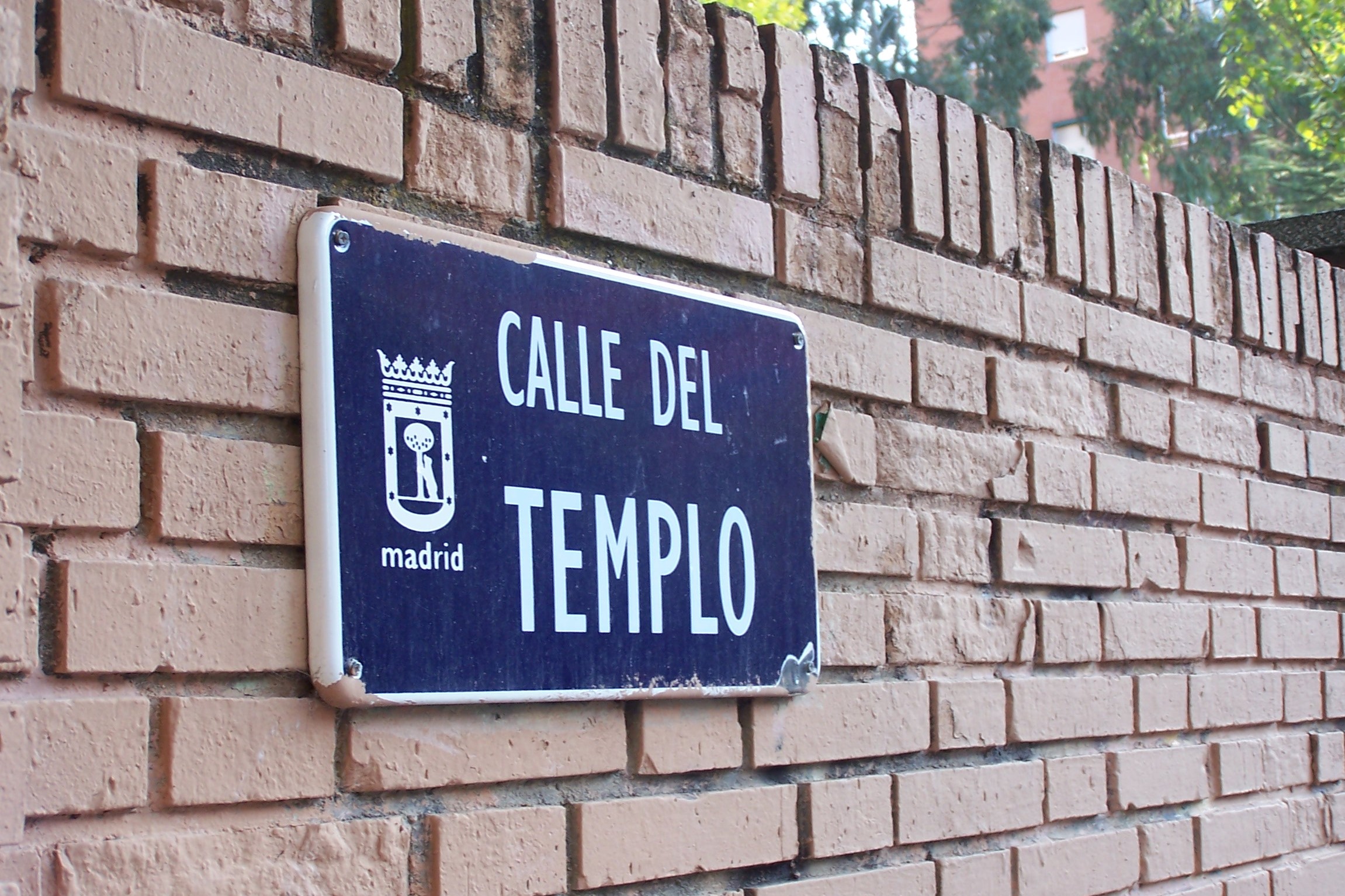
Calle del Templo, which in English translates to “Temple Street,” is the street on which the Madrid Temple stands. ~ Gabriel González (http://gabrielgonzaleznunez.wordpress.com/) If you have a photograph you would like to submit for consideration in our A Mormon Image series, please see here for our submission requirements. Read More
-
•
•
5 responses

We’re happy to welcome another “international” blogger, Hans Noot from the Netherlands. During the past 36 years Johannus D. T. (Hans) Noot coordinated Religious Education in Belgium and the Netherlands for the Church of Jesus Christ of Latter-day Saints. He also supervised this work in Ireland, Poland, the Czech Republic, the Balkans and Italy. He earned a bachelor’s degree and a master’s degree in organizational behavior from Brigham Young University and is currently working on a Ph.D. in organizational anthropology at the University of Tilburg in the Netherlands. He is an organizational consultant and entrepreneur. His passion, too, lies in… Read More
-
•
•
20 responses
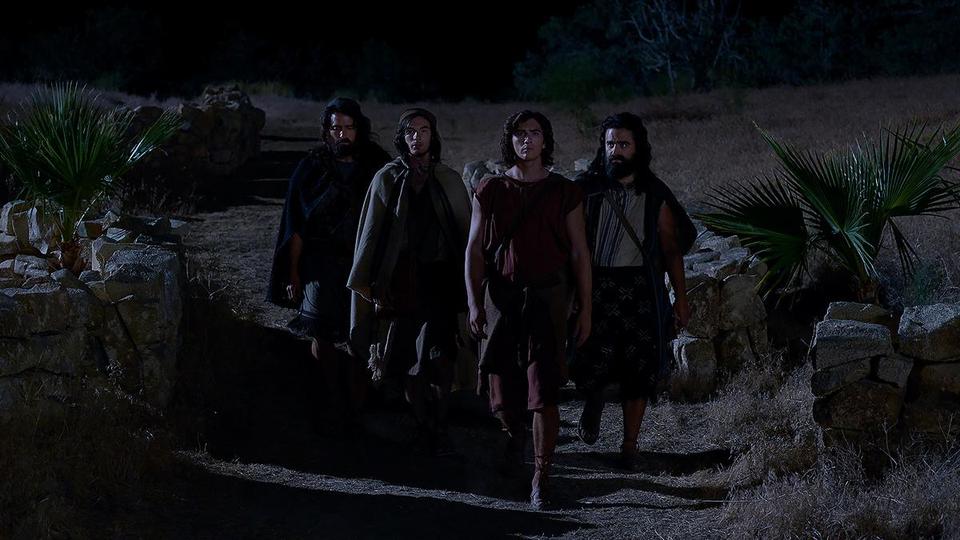
Not the big screen, just lots of small screens. From the LDS Newsroom: Filming Begins on New Book of Mormon Videos. It will not be a beginning-to-end depiction; the project will select certain episodes and events, producing “up to 180 video segments three to five minutes in length, as well as up to 60 more running 10–20 minutes each.” These will no doubt become a go-to resource for Primary teachers, Sunday School teachers, and seminary teachers. Read More
-
•
•
One response
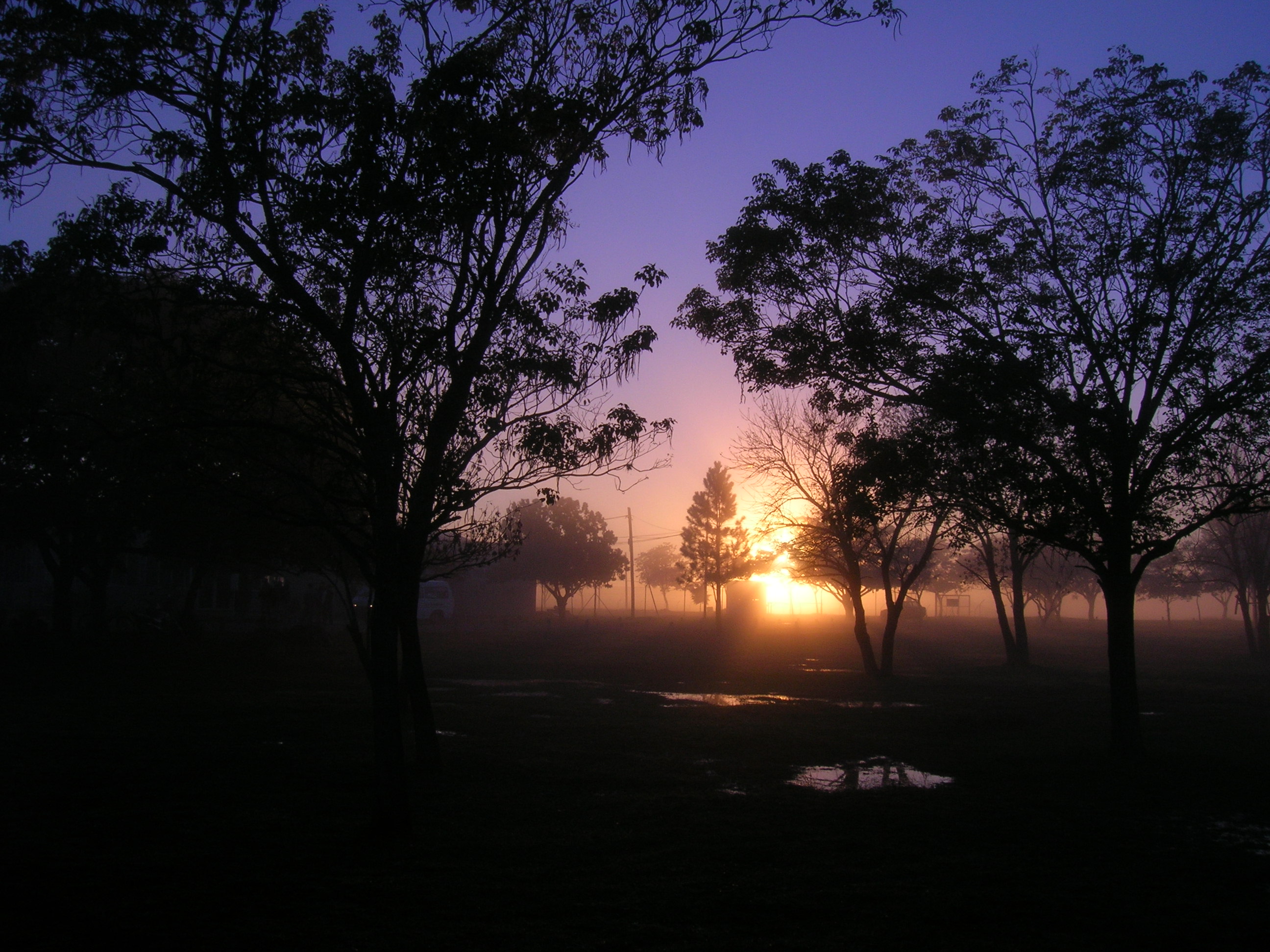
With my assignment to the office of the Argentina Resistencia Mission, I helped pick up our new mission president. I snapped this photo as we walked to the terminal to await his arrival. Read More
-
•
•
6 responses
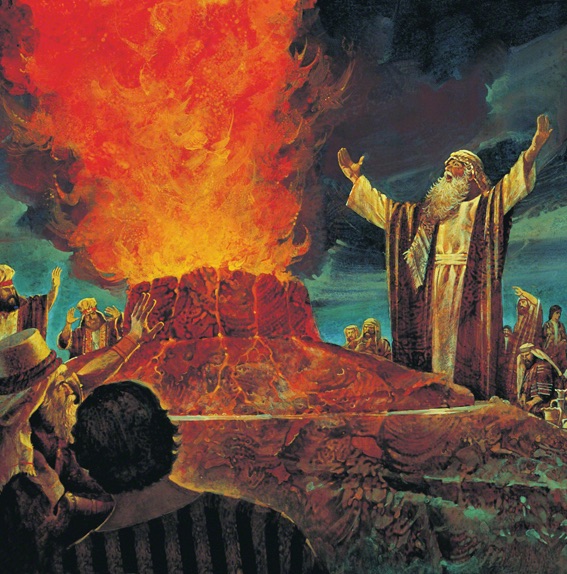
This is the second week of the reading club for Adam Miller’s Future Mormon. For general links related to the book along with links for all the chapter discussions please go to our overview page. We’ll be trying to discuss a chapter each week. Please don’t hesitate to give your thoughts on the chapter. We’re hoping for a good thoroughgoing critical engagement with the text. Such criticisms aren’t treating the text as bad or flawed so much as trying to engage with the ideas Adam brings up. Hopefully people will push back on such criticism as that’s when we tend… Read More
-
•
•
18 responses
When I was 19 years old and a junior at BYU, I took a volunteer opportunity teaching a semester-long “life skills” class at the Utah State Prison. Maybe it’s not apparent from that one sentence how absurd it was for a sheltered Mormon girl from rural Canada to be teaching “life skills” to a bunch of inmates, but trust me, it was pretty absurd. The closest I had ever been to criminal behavior at that point in my life was sneaking out of my house without telling my parents once to go get a Subway sandwich. I knew, however, that… Read More
-
•
•
20 responses
One of the most striking features of the Bible is its division into Old and New Testaments, which present not only substantially different sets of religious beliefs and practices, but very different portrayals of God. The God of the Old Testament is a judgmental, jealous, and vengeful God, who destroys sinners without remorse, whether of his own people, the Hebrews, or even entire nations such as those of Canaan. God’s love and compassion are also visible in the Old Testament, but the harsher side is displayed quite dramatically. This judgmental conception of God is reflected not only in descriptions of… Read More
-
•
•
7 responses

A few years ago I left my scriptures on the roof of my car when driving home from church. When I realized what I’d done I returned to find the pages scattered all over the road. These were my mission scriptures and they meant a lot to me so I spent about an hour gathering as many pages as I could. This is the result. In some ways this photograph symbolizes the process I have been through of deconstructing the very sure faith of my mission. My faith today is a lot less certain and much messier, but it feels… Read More
-
•
•
57 responses

Over at BCC there were a few people claiming in the comments how Mormons were for Donald Trump for President. Now I completely understand why people would say this, given that Trump won Utah in the election. However I think that at best one needs to seriously qualify this statement. Read More
-
•
•
One response
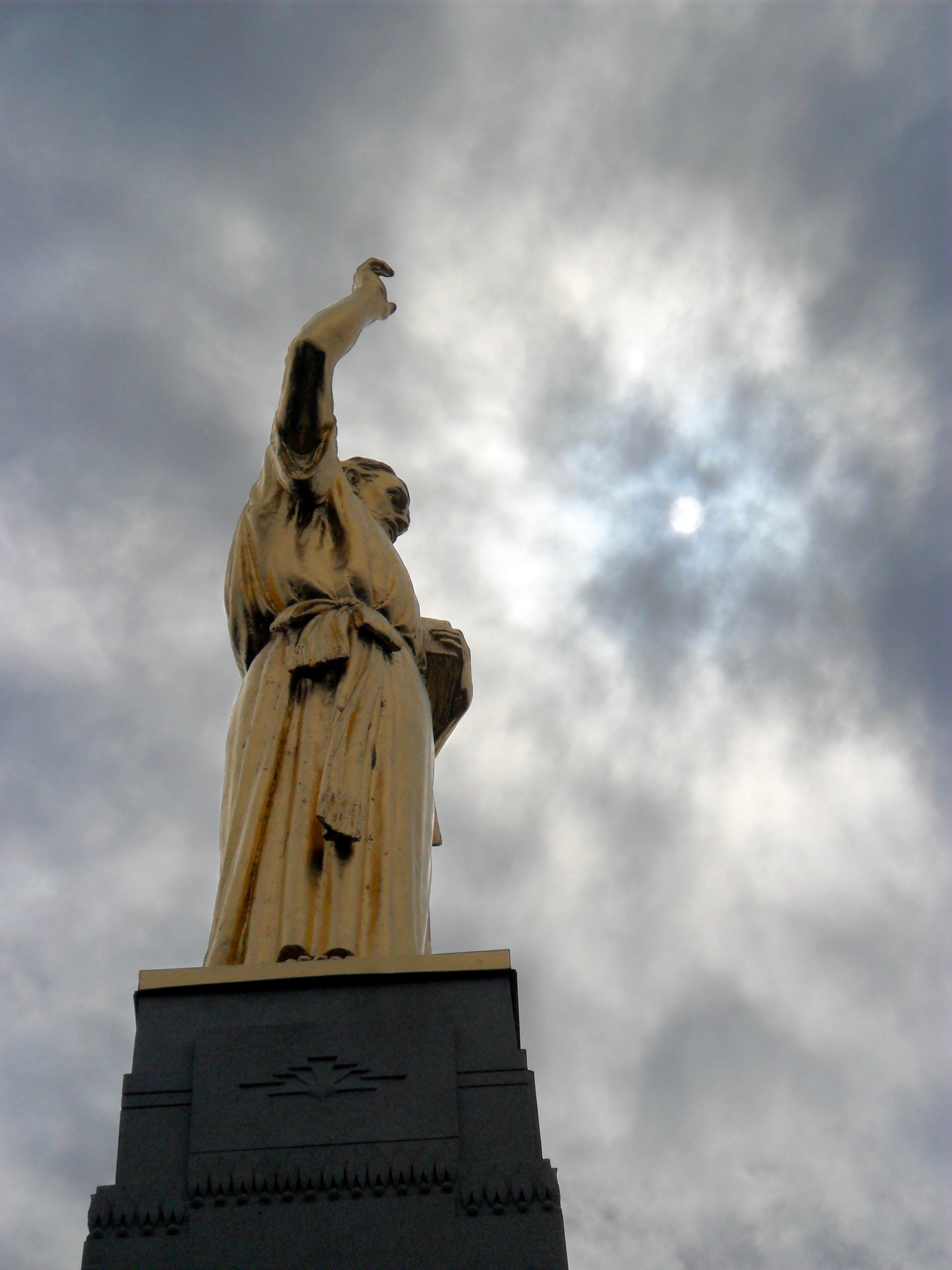
The title of and inspiration for this photograph of the Moroni statue atop Hill Cumorah in Palmyra comes from the text of Parley P. Pratt’s hymn “An angel from on High” (Hymns 13). Read More
-
•
•
15 responses
Most of us are familiar with the story of the prophet Elijah, who is particularly famous for his dramatic confrontation with the priests of Baal. My favorite part of Elijah’s story comes after that, though, when he realizes that not much changed as a result of his demonstration of God’s power–the people are still worshiping idols, and the wife of the king has promised to assassinate him. Elijah, despairing and suicidal, travels to Mt. Horeb (more famously known as Sinai, the same mountain on which the Lord appeared to Moses) and waits. The voice of the Lord then comes to… Read More
-
•
•
32 responses

This is the inaugural reading club for Adam Miller’s Future Mormon. For general links related to the book along with links to each reading chapter please go to our overview page. We’ll try roughly each week to deal with a new chapter. The first part will be a brief summary of the arguments and assumptions. The second part will be a critical engagement with an emphasis of bringing out the issues of the chapter. Please don’t take the criticism as my treating the text as bad. It’s much more intended to be productive criticism to try and bring into clarity… Read More
-
•
•
One response
Times and Seasons hopes you will join us in welcoming our latest guest blogger, Michelle Lee. Michelle is a licensed therapist practicing in the San Francisco Bay Area. She currently works full-time for her local school district, providing mental health counseling and crisis management services to adolescents and their families, and also has a private practice on the side (specializing in the treatment of anxiety disorders). She earned her Bachelor’s degree in Human Development at BYU, and her M.A. in Marriage & Family Therapy from the University of San Diego, and has spent several years working with teens and adults… Read More
-
•
•
13 responses
My PhD dissertation was about bias in cost and ridership forecasts for transit projects. Before getting into any data analysis, I address the question of how we should even be evaluating forecasts in the first place. One response to evidence that forecasts for transit projects have generally proven to be overwhelmingly biased has been an argument that forecast accuracy is unimportant, or less important than other considerations. And it’s true that accuracy isn’t the only possible way to evaluate a forecast. A 1993 essay on weather forecasting by Allan Murphy (which I came across by way of Nate Silver’s book… Read More
-
•
•

I spent a lot of years at the kids table when I was young. Family dinners were a big deal. My grandmother lived for them. She was an excellent cook and a hostess extraordinaire. She would recite poetry and lead her guests in singing a few songs. She would also use her seating chart to try and make marriage matches. I have so many great memories of dinners and holidays and cousins and delicious food. I’m glad that the tradition is still alive with my own kids and their cousins. Read More
-
General Doctrine, Latter-day Saint Thought, Mormon Review, News and Politics, Philosophy and Theology
•
•
5 responses
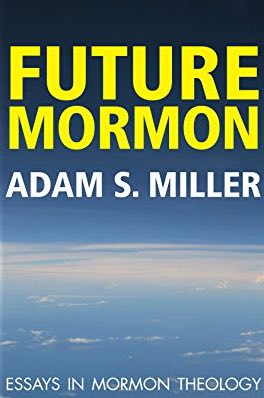
The person who probably comes closest to my own views on many matters is Adam Miller. Back in the heyday of LDS-Herm we had tons of fantastic discussions on theology and philosophy. Ever since Adam’s last book came out I’ve wanted to do a reading club on it but just hadn’t had the time. One nice thing about this book is that it engages with a lot of the core theological topics where we disagreed. I’ve found I learn the most from disagreements. In agreements I’m usually just either confirming my biases or else I don’t read as closely as… Read More
